Hello dear community,
I want to share something that’s become central to how Earth Medicine Apparel Co. shows up in the world—sourcing not just for aesthetics or cost, but with ethics, transparency, and accountability. When there are many unethical practices in the garment and dyeing sectors (sweatshops, unsafe working conditions, toxic chemicals), we work to source from suppliers who are going beyond simply paying fair wages.
To do this, we’re learning about, aligning with, and aiming toward certification programs that help verify real impact. Here are three we care about deeply, and why:
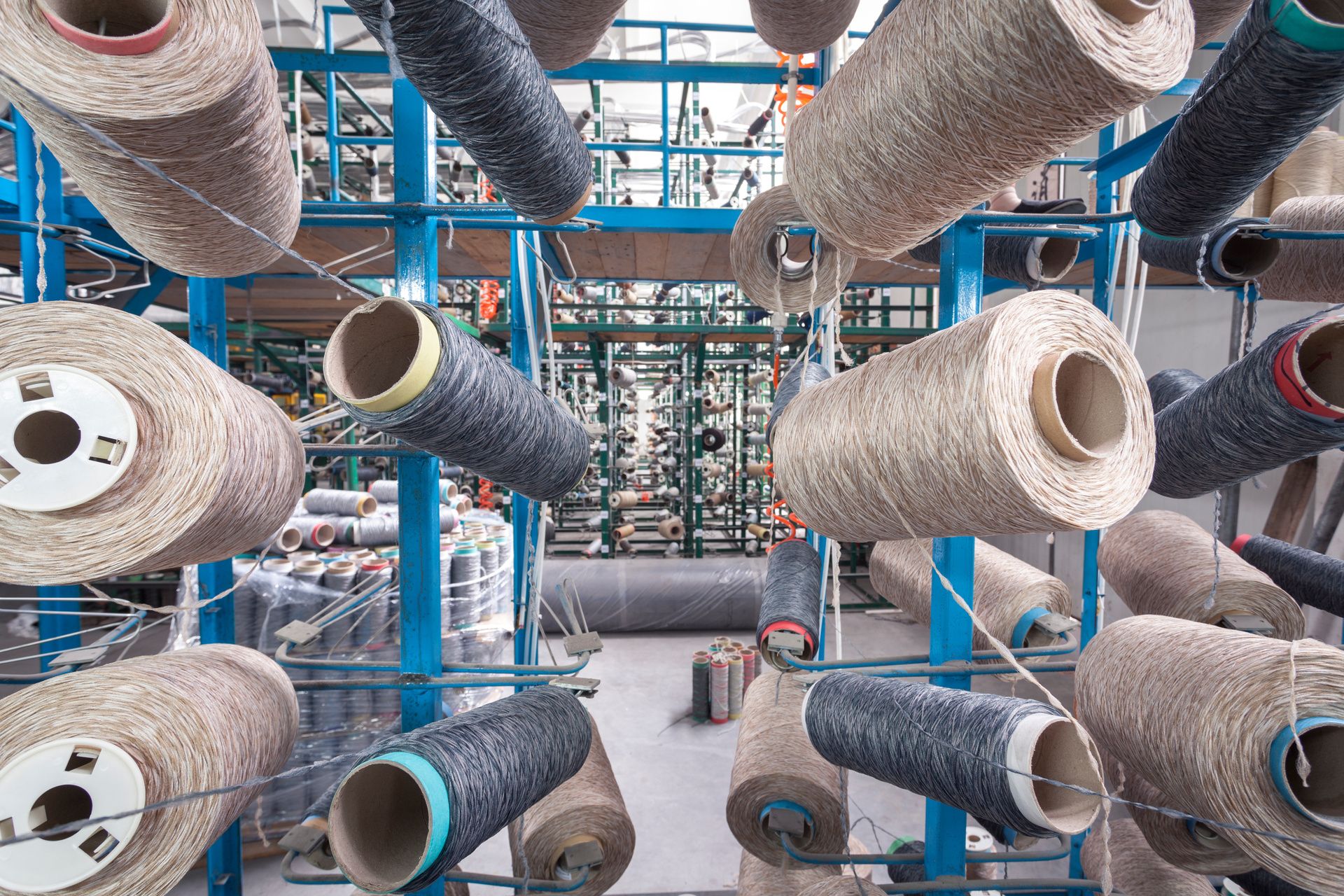
🛠️ Certifications We’re Paying Attention To
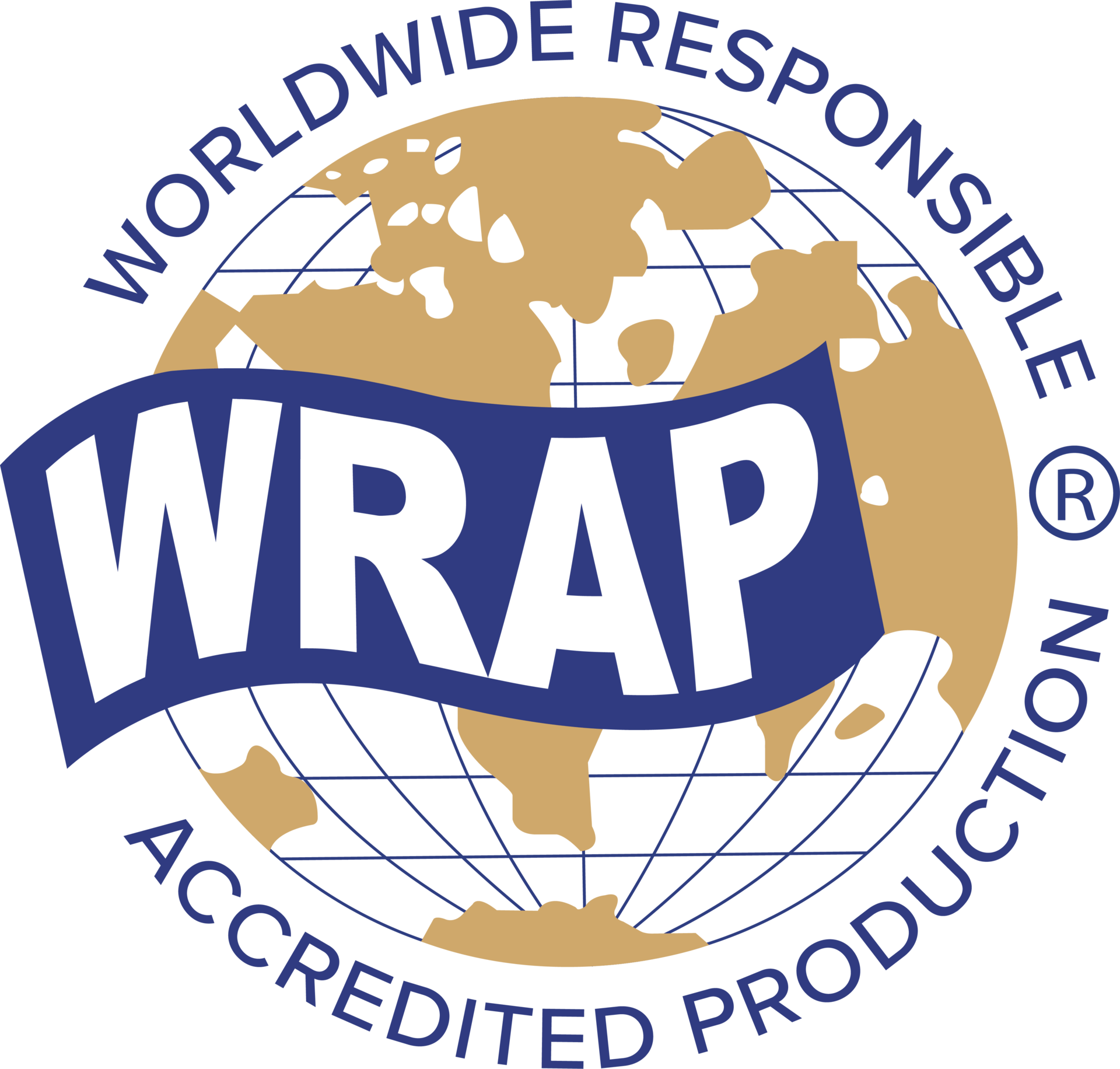
WRAP (Worldwide Responsible Accredited Production)
WRAP is focused on the apparel, footwear, and sewn products sectors. (WRAP Compliance)
It requires facilities to meet 12 Principles of Social Compliance (i.e., working conditions, worker rights, health & safety). (WRAP Compliance)
WRAP audits factories and requires corrective actions for non-compliance before granting certification. (WRAP Compliance)
Having a WRAP-certified facility helps brands and consumers trust that the people who make the clothing are treated ethically.
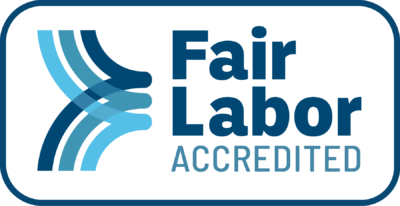
FLA (Fair Labor Accreditation / Fair Labor Association)
FLA is multi-year, global, and applies both to agriculture and manufacturing. (Fair Labor Association)
It’s based on international standards (ILO, OECD) and linked to human rights, transparency, and preventing labor abuse. (Fair Labor Association)
Being accredited means a brand has built strong systems—not just one isolated good factory, but the policies and oversight to ensure consistent ethical practices downstream.
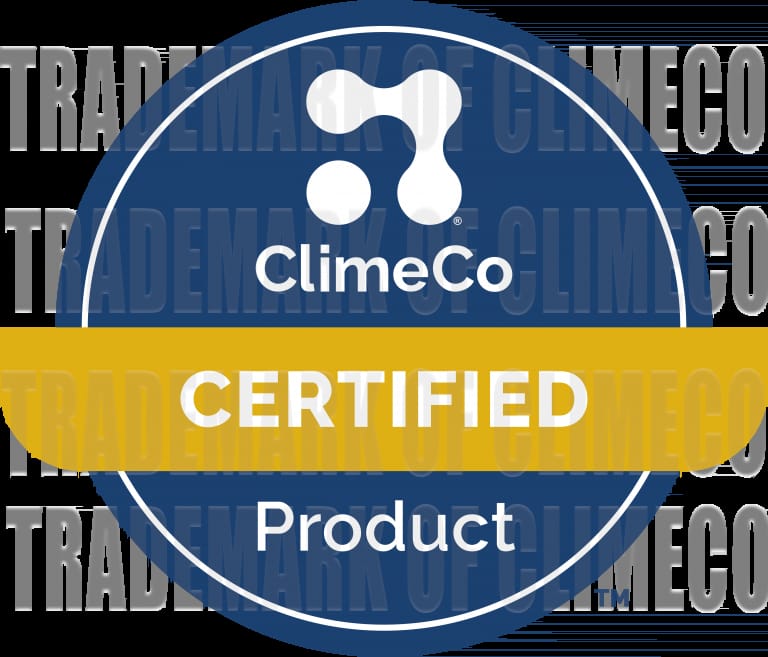
ClimeCo CertifiedTM Product Program
ClimeCo’s program helps companies measure, reduce, and offset the carbon emissions of their products. (ClimeCo)
It uses product-level Life Cycle Assessment (LCA) to calculate greenhouse gas emissions “cradle-to-grave” (from raw material extraction → manufacturing → shipping → use → end of life). (ClimeCo)
It requires companies to develop and submit a Carbon Emissions Reduction Plan, with clear targets and periodic reporting. (ClimeCo)
It’s not about claiming “100% carbon neutral” overnight but committing to avoid, reduce, and then offset emissions in a transparent and verifiable way. (ClimeCo)

🌱 How This Connects to Our Values
These certifications align with what I’ve always believed: that wearing art, medicine, and purpose means honoring all parts of our values chain — from the person printing it to the water used to wash the dyes, to the carbon footprint of shipping and production.
For Earth Medicine Apparel Co., this means:
Aligning with garment suppliers that have these (and other) certifications to validate their values, standards, and sustainability.
Choosing print shops within 30 miles of our home office that also use water-based inks to bring our designs to life.
Opting for factories that use Bluesign-approved dyes, pay fair wages, and invest in their employees and their local community.
Being transparent with you about production decisions—including where compromises are made, and how we are gradually raising the bar.
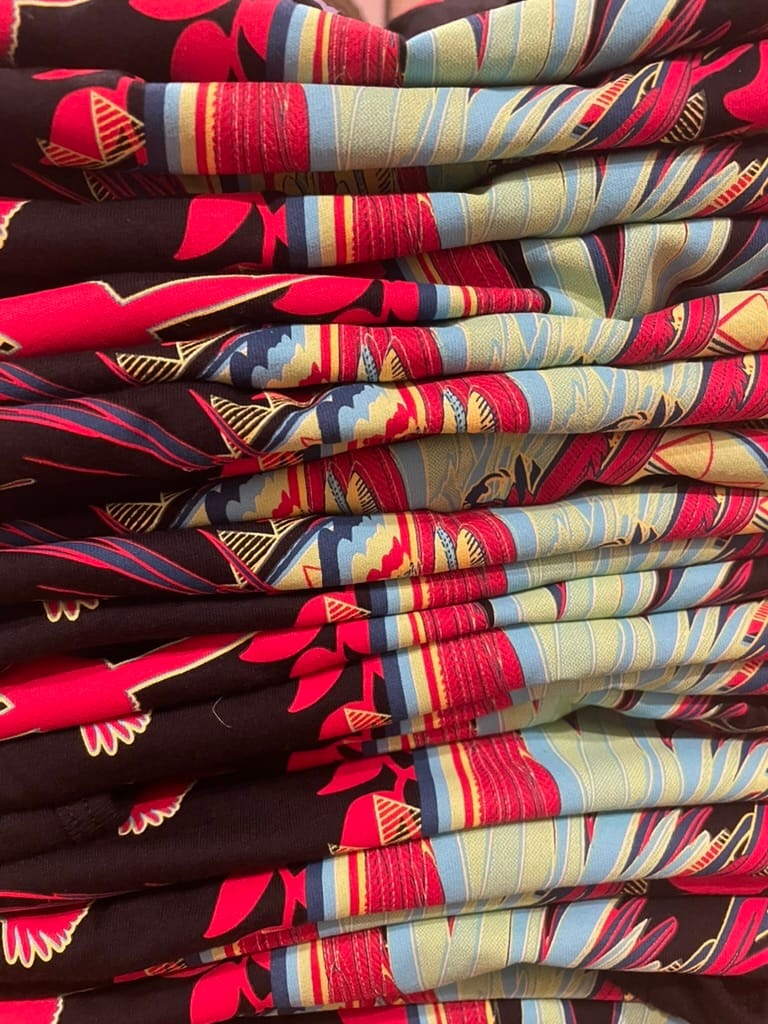
🔄 Why It’s Important
Many garment factories around the world operate without oversight. Workers often work in unsafe environments, are paid poverty wages, or suffer from exposure to harmful chemicals.
Dyeing practices, especially, can pollute waterways and harm worker health when safety standards are ignored.
As consumers, we often associate “cheap” with “good deal,” not realizing the external costs—on people and planet—that are hidden. Certifications help bring those external costs into view.
Companies purchase carbon offset credits and continue to pollute - another form of greenwashing. Working with third-party auditing companies like ClimeCo ensures accountability and action behind the words.
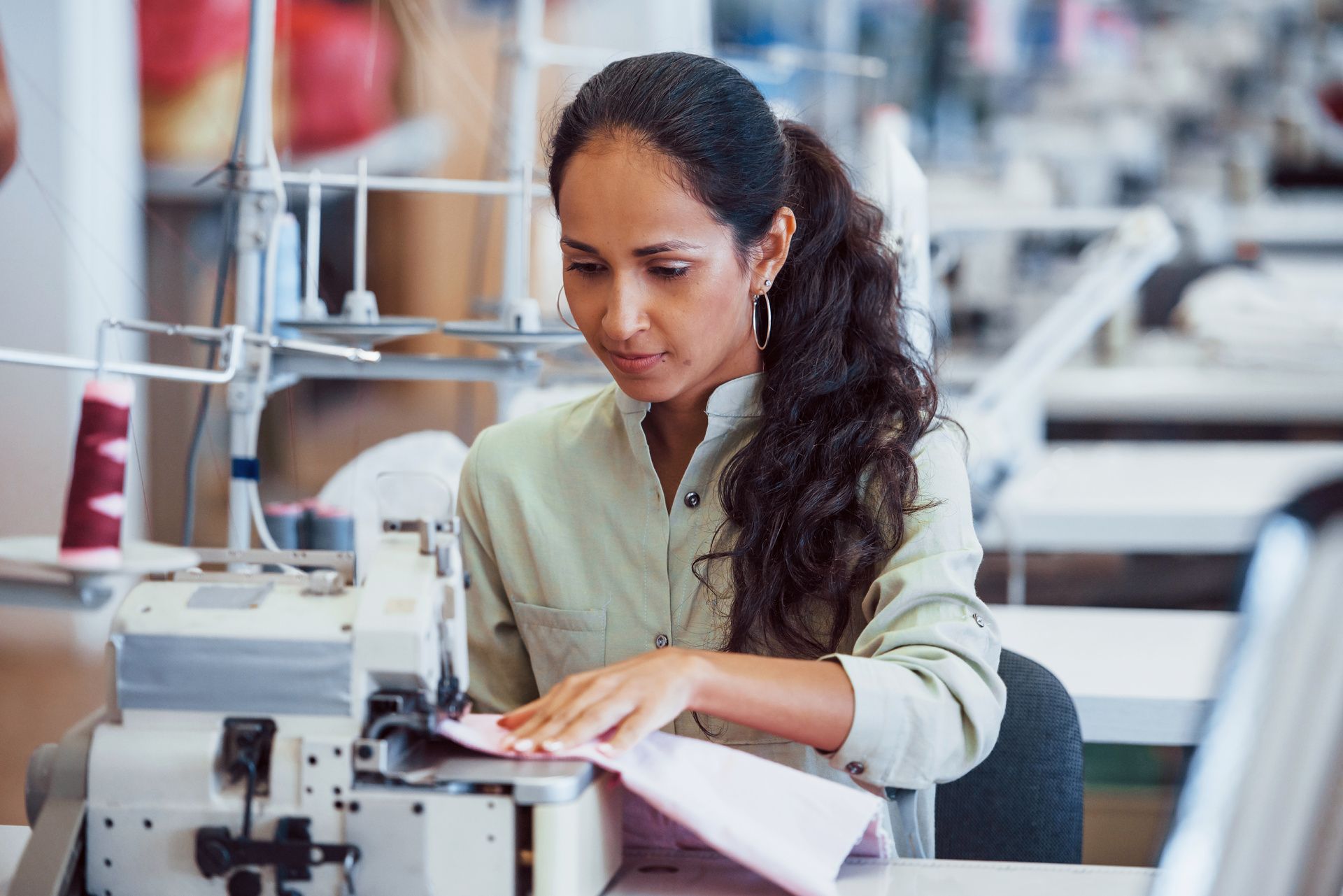
🇺🇸 Why We’re Shifting Toward U.S.-Made Garments
While we currently source from WRAP and FLA-certified factories abroad and in the USA, we’re actively working to bring more of our production home to American factories. Why? Because making garments closer to where our community lives reduces the carbon footprint of shipping, supports domestic jobs in a struggling industry, and helps rebuild ethical garment manufacturing here in the U.S.. It’s a way to align our apparel even more closely with our values: sustainable, ethical, and community-rooted.
Did you know that domestic garment production has seen a significant decline, with only about 3% of clothing sold in the U.S. now made domestically, compared to nearly 70% in the 1980s?! (Source)
Thank you for being here, for caring about what’s underneath the fabric as much as what’s seen on top. I’m committed to making Earth Medicine Apparel not just a source of wearable art and medicine, but a model for doing better — ethically, sustainably, holistically.
With heart,

Founder, Earth Medicine Apparel Co.

